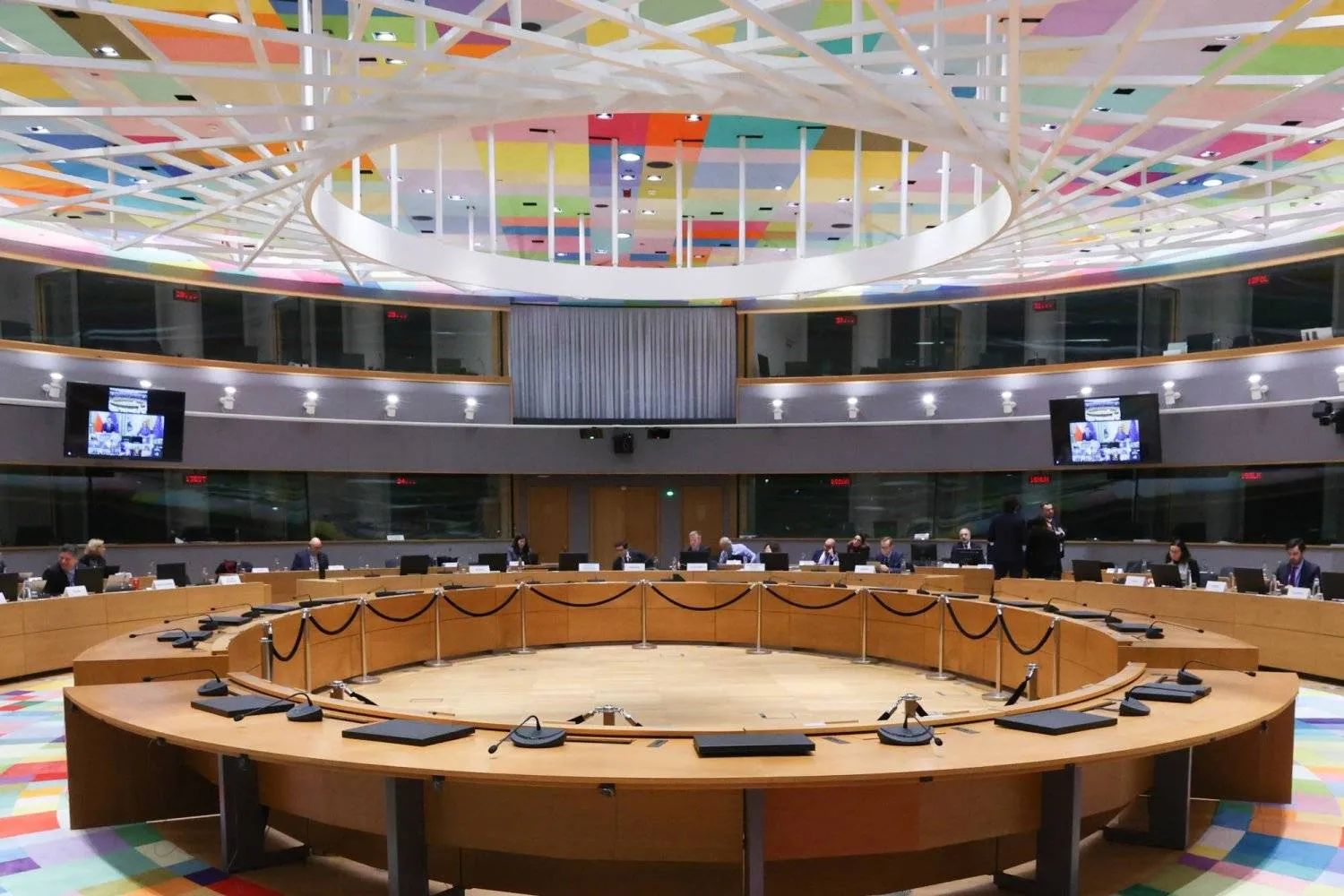The EU has agreed a much-delayed reform of its fiscal rules, in a move that economists say will usher in an era of tighter budgets, even as European growth prospects are set to weaken.
After weeks of discussions, EU negotiators on behalf of governments and the European parliament on Saturday agreed to set annual targets for cutting public debt and limits for public spending — a key German demand.
The EU said in its press release on Saturday that the reforms address shortcomings in the current framework and seek to ensure that the framework is simpler, more transparent and effective, with greater national ownership and better enforcement.
"They take into account the need to reduce increased public debt levels, including as a result of the COVID-19 pandemic, in a realistic, gradual and sustained manner. The new framework also builds on the lessons learned from the EU policy response to the financial crisis where a lack of investment hampered a swift economic recovery," the statements read.
The new framework also introduces risk-based surveillance which differentiates between Member States based on their individual fiscal situations. This approach will adhere to a transparent common EU framework underpinned by safeguards to ensure that debt is put on a downward path (the debt sustainability safeguard) or provide a safety margin below the Treaty deficit reference value of 3% of GDP in order to create fiscal buffers (the deficit resilience safeguard).
"Both reforms and investment are needed to face new and existing challenges. They are also essential components of credible debt-reduction plans."
According to the report, the new framework will facilitate and encourage Member States to implement the measures needed to secure the green and digital transitions, strengthen economic and social resilience and bolster Europe's security capacity.
The European Parliament and the Council will now have to formally adopt the political agreement.
The new framework will come into operation next year, on the basis of plans that will be presented later this year by Member States.
"This leaves sufficient time for Member States to prepare their plans for the years to come. In 2024, fiscal surveillance will be based on the country-specific recommendations already issued in spring 2023."









